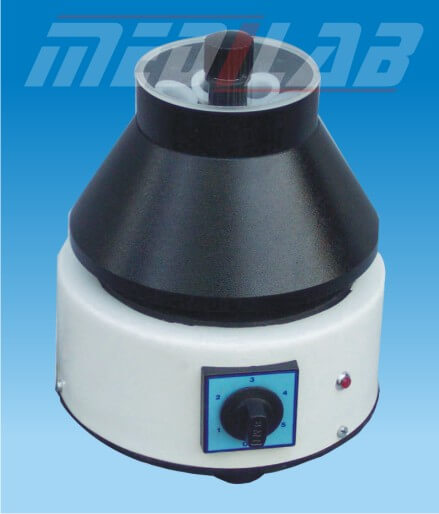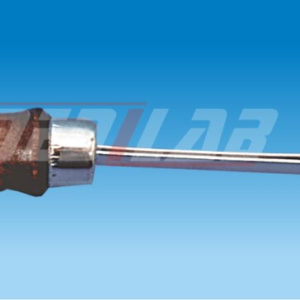Description
A Clinical Centrifuge is a medical laboratory device used to separate blood and other samples based on density through high-speed rotation. Widely used in diagnostic and clinical laboratories, it ensures accurate and efficient sample preparation for testing and analysis.







